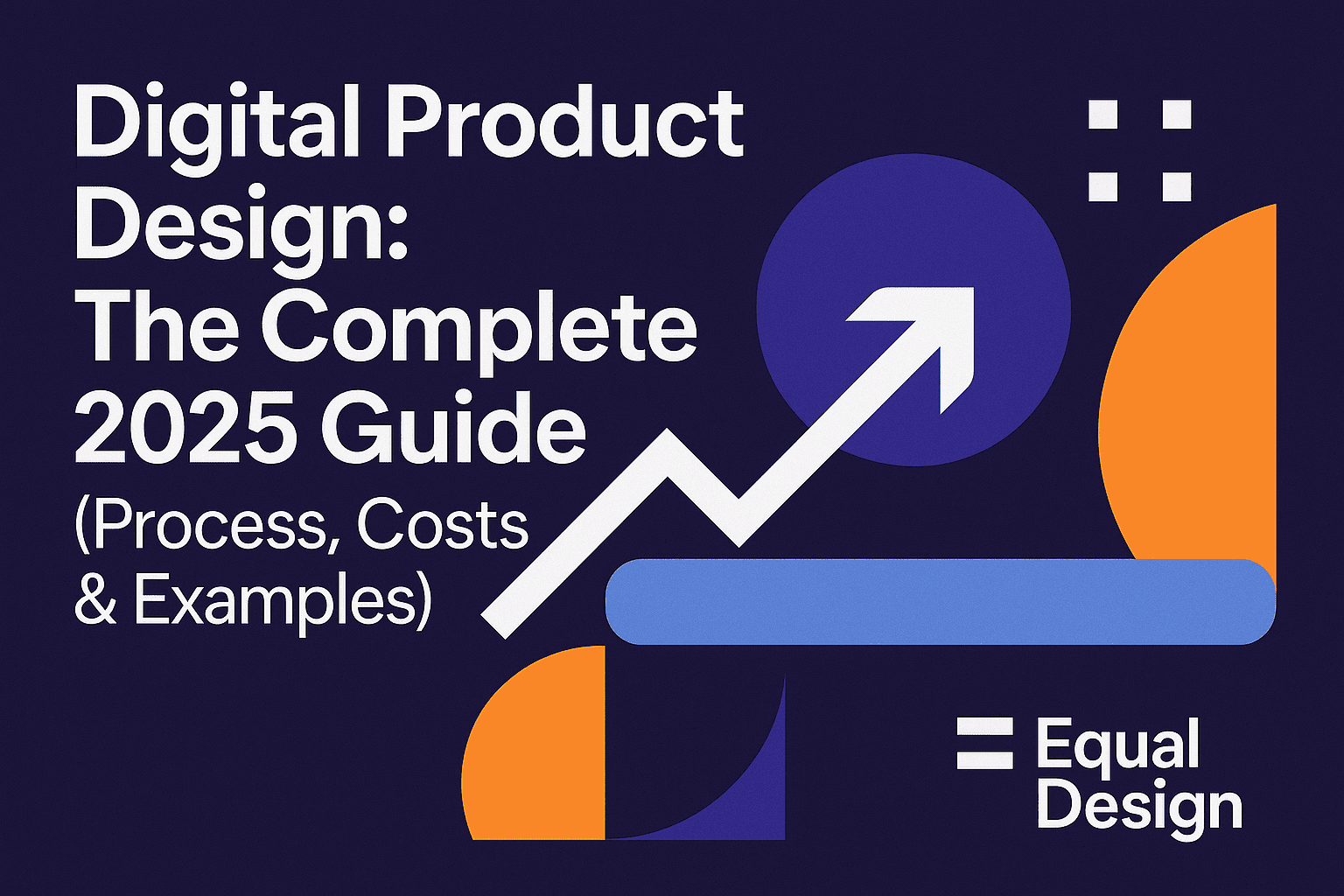
Today, many organizations choose to outsource web development, mobile app creation, or any other endeavor in the IT realm. Making use of various outsourcing models (dedicated team, outstaffing, end-to-end product development), they aim to solve different tasks – from modern mobile app design to full-cycle software creation. To do that, they hire a vendor who places at their disposal website design and SEO experts, software architects, QA specialists, or any other type of professional needed to see their project through.
However, dreaming of a perfect mobile app interface design or outstanding performance of the commissioned solution, customers often forget to engage a product manager whose contribution to obtaining a high-end solution is mission-critical.
[[cta10]]
A Product Manager’s Responsibilities Scrutinized
An IT product manager is something like the CEO of the product responsible for the ultimate success of the solution-to-be, who defines goals, charts strategies, determines success criteria, and motivates the team. These multiple tasks place the product manager’s position at the intersection of three fields – technology, business, and user experience.

As an entrepreneur, the product manager is focused on boosting the business value of the product, which should manifest in the maximum ROI of the marketed solution.
As for the technological aspect, a product manager isn’t supposed to handle, say, phone app design or custom e-commerce website design. Yet, they are expected to be aware of the development basics to determine the tech stack, which the narrow specialists will then leverage to produce the solution.
UX is closely related to the tech agenda a product manager must pursue. Without actually creating the UI/UX design of mobile apps or any other solution, product managers should imagine themselves in the shoes of users by going through their feedback and apply the received information as a collection of actionable insights.
What are the responsibilities a product manager is charged with? They identify opportunities, develop the product strategy, manage the team and stakeholders, plan market activities, and participate in product improvement. Each of these assignments takes up a different share of the product manager’s time.

Let’s have a brief look at each element of the product management life cycle.
- Vision development. At this initial stage, the product manager defines project goals and determines specifications. (S)he aims to identify the user persona, establish the problem the solution is going to solve and determine how the success of the project should be measured. Such tasks are performed through market research called to study customers’ behavior and identify the target audience’s needs.
- Strategy development. A roadmap is drawn, in which the major features of the product are defined as well as KPIs that its operation must meet.
- Execution and testing. While the task itself is performed by the development team, the product manager’s responsibility is to communicate all technical specifications to the project manager and their crew. Once the MVP is released, the product manager collects all feedback on its functioning and fine-tunes the requirements. After the implementation of changes, the product is thoroughly tested.
- Marketing and sales. While the solution is being launched, the product manager supervises building customer awareness, defining pricing strategy, and taking the product’s metrics to understand how successful the product is.
[[cta12]]
Drawing a Bottomline
While recruiting the services of a web app development company (or any other IT outsourcer), you should enlist a competent product manager. (S)he will keep all cogs in the product development mechanism well-greased to get a high-quality, marketable solution as a result.



.svg)





.png)


